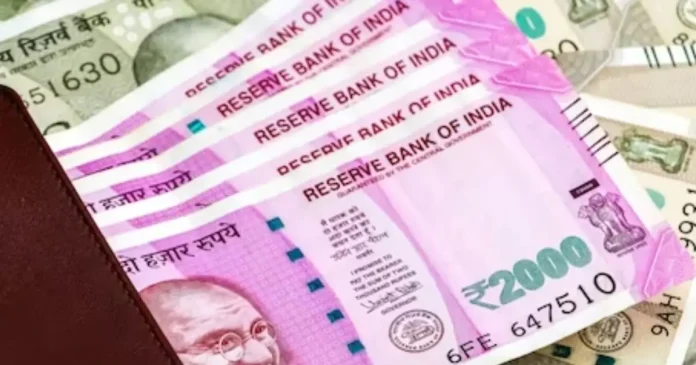
FD is a good investment option in many ways, but it also has some disadvantages, knowing which an investor should get FD done. Today we are going to tell you about 9 disadvantages of investing in FD.
New Delhi. Bank Fixed Deposits (FDs) continue to be the most popular investment option when it comes to investing in India. Most Indians prefer to invest in FDs on a regular basis. Rising FD interest rates from May 2022 have also made it a great investment option. Not only the salaried class or senior citizens, even the Millennials are also showing interest in investing in Term Deposits.
Money experts believe that despite being a great investment option, FDs also have drawbacks. Hence an investor needs to be aware of it. There are many advantages of investing in FD and there are some disadvantages as well. Today we are going to tell you about 9 disadvantages of investing in FD.
1. Diminishing Returns
The disadvantage of investing in fixed deposits is that fixed deposits offer a fixed rate of interest, which is usually lower than the returns offered by other investment options such as stocks or mutual funds.
2. Fixed Interest Rate
Another drawback of Fixed Deposit is that the interest rate is fixed at the time of application. When you open an FD at a fixed interest rate, you continue to get interest at that rate till the end of the tenure.
3. Lock-in-period
Once you invest in an FD, your money is locked in for the duration of the deposit. This means that you cannot access your money until the term is over, even if you have an emergency.
4. TDS
The interest you earn on FD is taxable income. This means that you will have to pay tax on the interest earned. FD interest comes under the category of ‘Income from Other Sources’.
5. Inflation
Even after taking taxes into account, the return on investment should ideally be higher than the rate of inflation. The interest rate on FD is mostly less than the rate of inflation. In such a situation, if FD does not provide inflation-beating returns, then investing in it is not a good idea. If the inflation rate is higher than the interest rate on your FD, the value of your money will depreciate over time.
6. Liquidity
You have a liquidity problem in FD. If you break the FD when needed, then you have to pay pre-mature penalty on it.
7. No capital gains
You do not earn any capital gains on FD.
8. Bank may go bankrupt
FD is considered a safe investment, but there is always a risk of bank bankruptcy. If this happens, you may lose all or part of your investment.
9. Penalty on premature withdrawal
Banks provide depositors with the option of premature withdrawal from their FDs. However, they have to pay charges for premature withdrawal.





